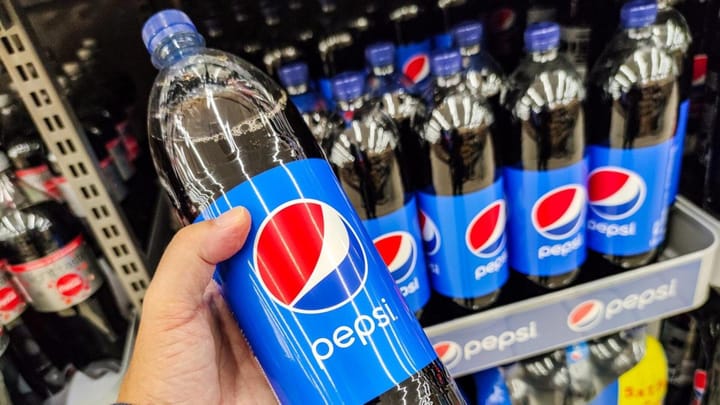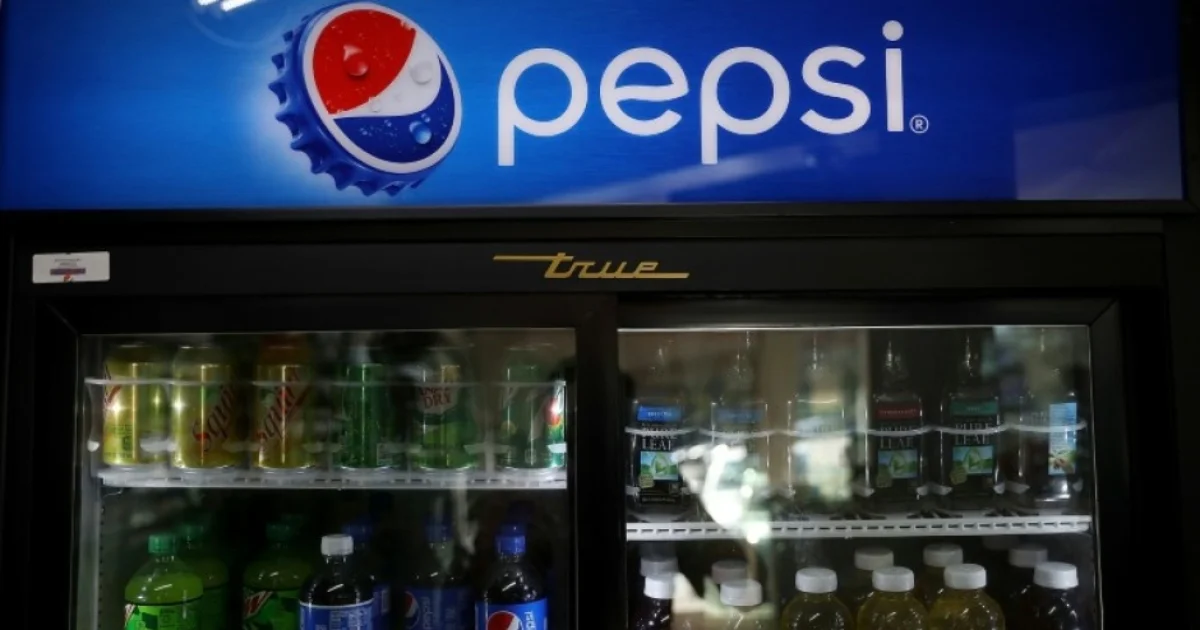On Wednesday, the state of New York filed a lawsuit against PepsiCo, denouncing the soda giant’s “misleading” environmental claims and citing the company’s plastic garbage as a plague on rivers.
The beverage and snack food giant PepsiCo is being sued by the state of New York for allegedly contaminating the environment and putting public health at risk by utilizing single-use plastic bottles, caps, and wrappers. This is not the first case in the US state’s history against a large producer of plastics; it was filed on Wednesday in state court in upstate Erie County.
Read Also:
American Company Serving Snake Meat Pizza
Hilda Baci Celebrates Chef Who Dethroned Her From Guinness World Records
Attorney General Letitia James of New York blamed PepsiCo for creating a large portion of the plastic debris discovered in and around the upstate Buffalo River, including over 17% of the trash that could be linked to individual brands, causing a public nuisance. She added that the business misled the public about its efforts to combat plastic pollution and neglected to alert customers about the possible health and environmental concerns associated with the plastics used in its more than 100 brands.
According to James, these pollutants can decompose and find their way into drinking water, which can lead to health issues. “All New Yorkers have a basic right to clean water, yet PepsiCo’s irresponsible packaging and marketing endanger Buffalo’s water supply, environment and public health,” she said.

According to a PepsiCo representative, the Purchase, a New York-based corporation is dedicated to collaborating with nearby communities and is “serious about plastic reduction and effective recycling.” According to the spokesperson, PepsiCo has collaborated with partners across the country to enhance recycling infrastructure and raise consumer awareness of the value of recycling.
Subscribe to our YouTube channel Switch TV
Advocates for the environment see this action as a significant first step in the fight against plastic trash and think other states, counties, and municipalities could follow its lead.
















